The TLL Method

|
At TLL, we understandhow your child learns. |
|
The TLL Method
At TLL, we understand how your child learns. |
|
Common PSLE Exam Challenges
We believe that The TLL Method helps every child reach their fullest potential in academic success by removing the barriers to learning. Three main barriers to learning are misconceptions, forgetfulness and lack of transfer*.
Common PSLE Exam Challenges
We believe that The TLL Method helps every child reach their fullest potential in academic success by removing the barriers to learning. Three main barriers to learning are misconceptions, forgetfulness and lack of transfer*.
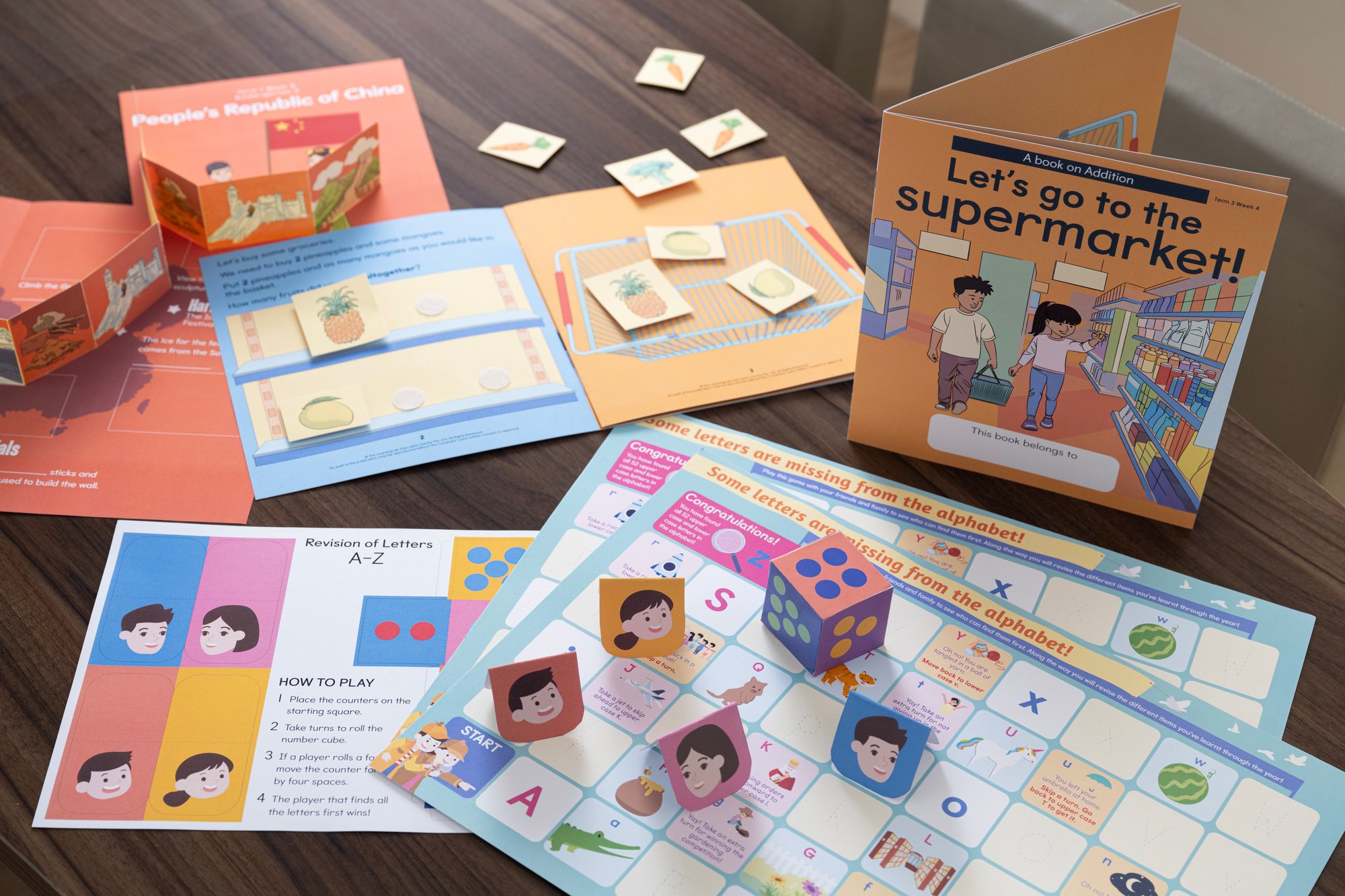
Encode Better
Misconceptions are incorrect or incomplete understandings of a concept, which could hinder learning by interfering with the processing of new information.
![]()
We help our learners encode better – by making meaning of and remembering concepts better.
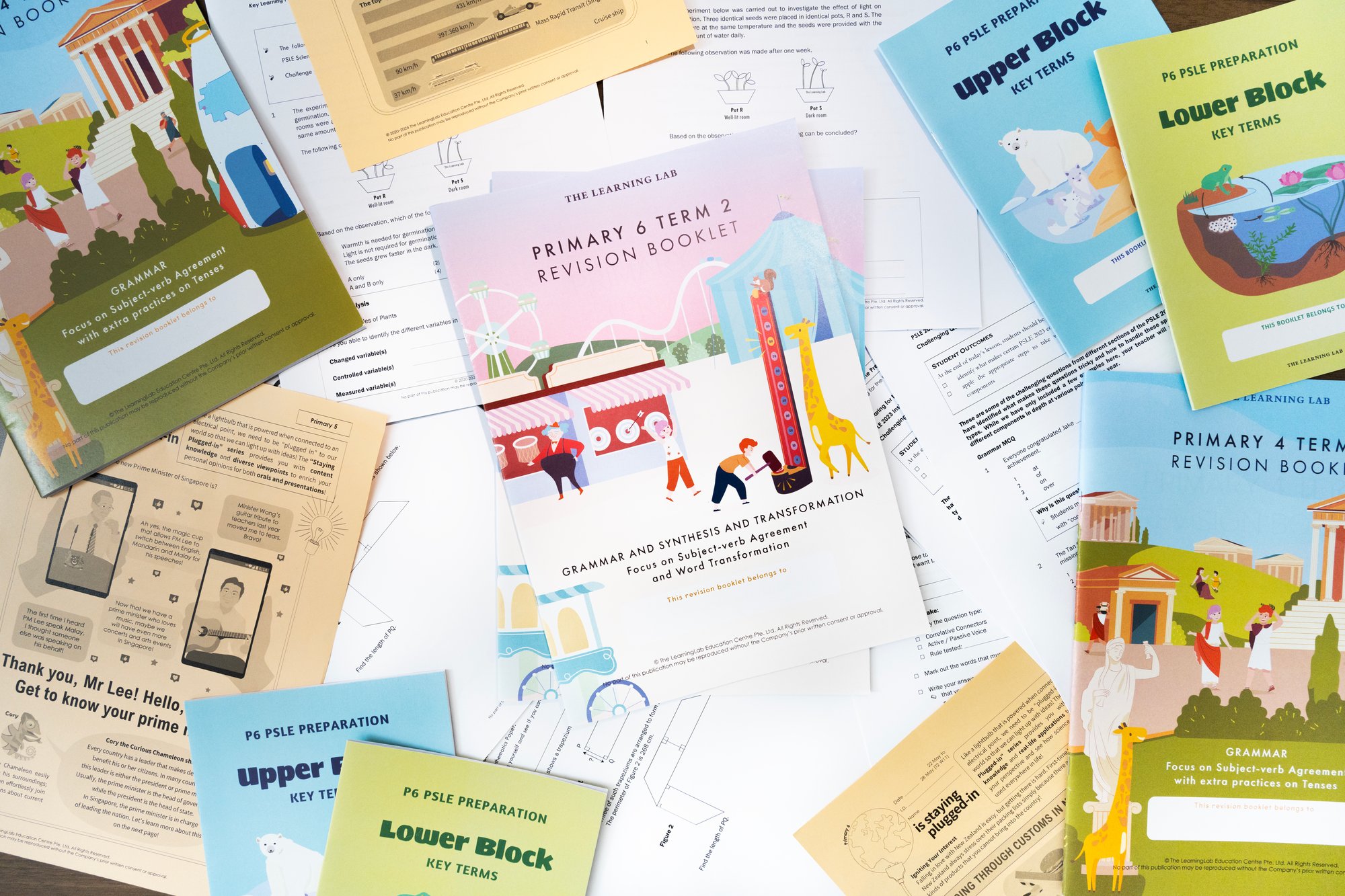
Retrieve Better
Forgetfulness is a natural part of the learning process. Over time, we may forget information that we have learned, especially when it is not reviewed or reinforced.
![]()
We help our learners retrieve better – by accessing stored information from memory better.
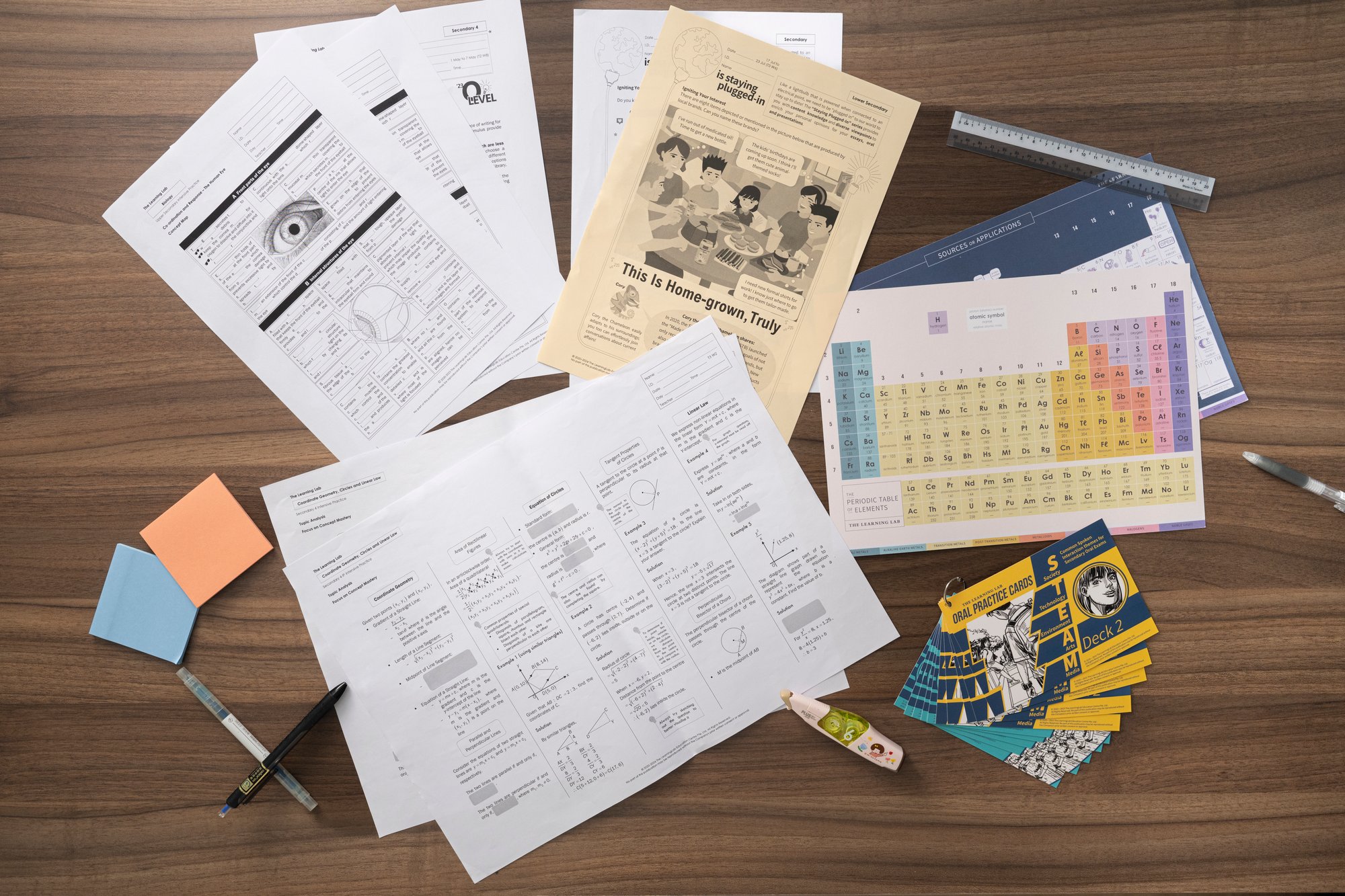
Apply Better
Lack of Transfer refers to the inability to apply knowledge or skills learned to a new situation. This can occur when learners are not given the chance to see the relevance of their learning.
![]()
We help our learners apply better – by using stored information in new or different contexts frequently. Our learners are also taught skills to self-evaluate and think critically about how they approach their tasks.
Our 6 Key Beliefs
The TLL Method is based on these 6 beliefs which guide us in how we plan our curriculum and teaching.
The TLL Method is based on these 6 beliefs which guide us in how we plan our curriculum and teaching.

Unlocking Every Child's Potential

Equipping Learners with Skills that Matter
We help learners navigate through exams and the hurdles that life presents.

Providing a Holistic Education
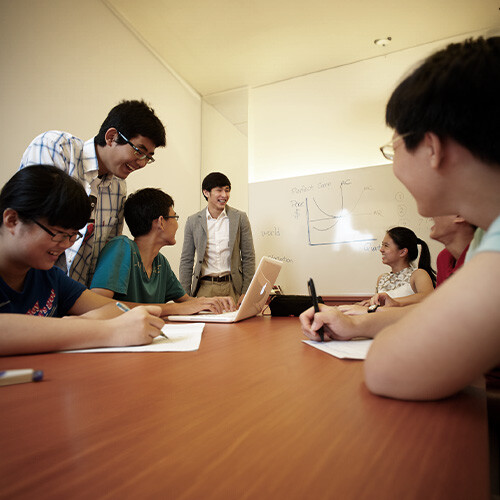
Ensuring Relevance and Currency

Maintaining Teaching Excellence

Engineering Curriculum for Success
*Lee Shulman (1999) wrote about "major pathologies of learning involving malfunctions of memory, understanding and application".
Encode, Retrieve, and Apply Better
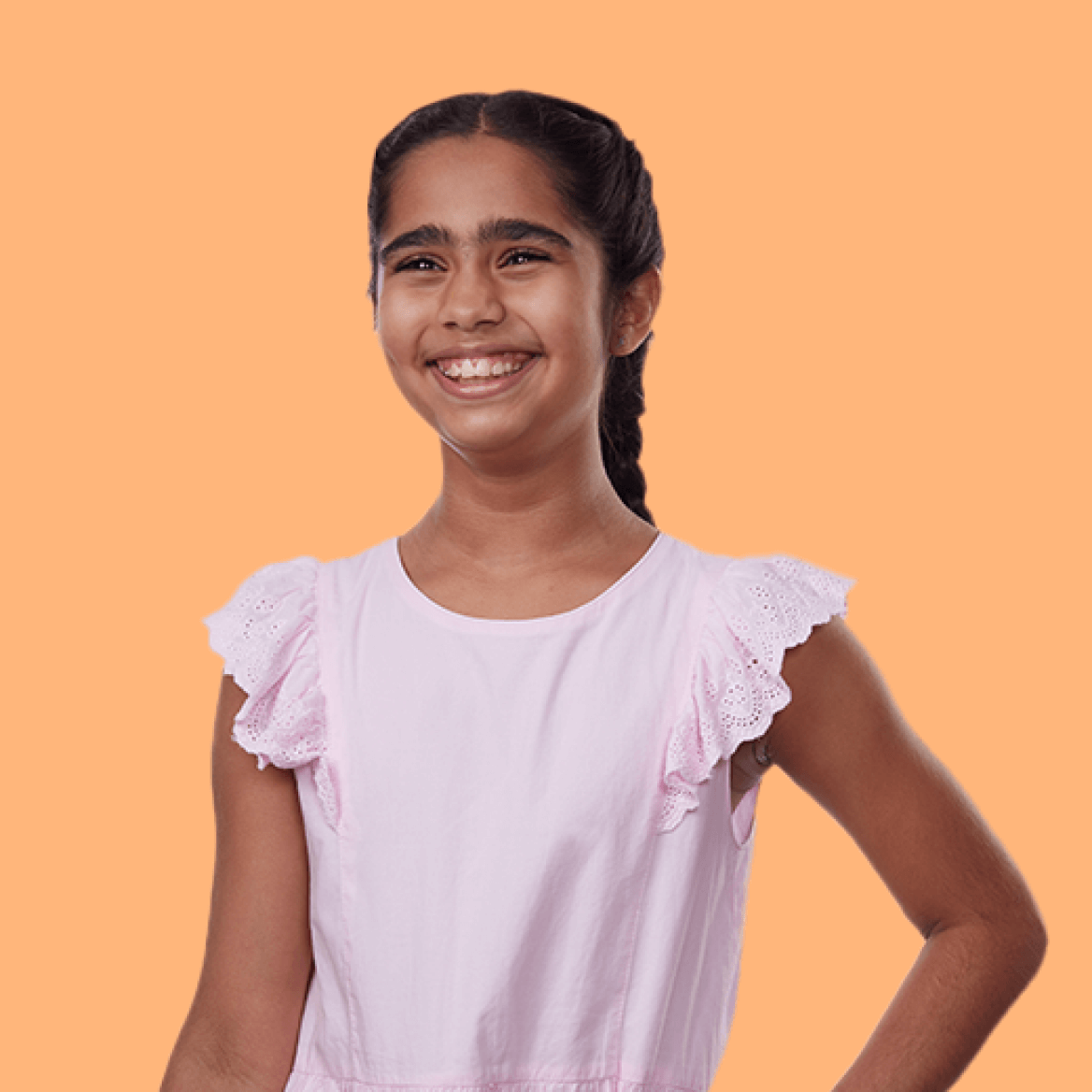
Encode Better
| Misconceptions are incorrect or incomplete understandings of a concept, which could hinder learning by interfering with the processing of new information. | We help our learners encode better – by making meaning of and remembering concepts better |

Card title
Adopt a new perspective to learning and find the joy in discovering new knowledge.
Go beyond the textbook to pique your interest in learning through games, interactive activities, videos and visually-engaging lesson materials that make the subject come alive.
Be excited by seeing how concepts are relevant to and deepen your knowledge of your environment.

Card title
Adopt a new perspective to learning and find the joy in discovering new knowledge.
Go beyond the textbook to pique your interest in learning through games, interactive activities, videos and visually-engaging lesson materials that make the subject come alive.
Be excited by seeing how concepts are relevant to and deepen your knowledge of your environment.

Equipping Every Child with the Knowledge, Skills and Dispositions that Matter
Knowledge
We want our students to have the right information for every task they take on in school and to accumulate a wealth of general knowledge to help them think, communicate and imagine change.
Skills
With lessons that make learning relevant to the environment around them, students will be able to apply their skills to each quiz or test, and also use them to think critically and solve problems.
- Metacognitive skills
With metacognition, your child is aware of how he or she thinks and learns to take better notes, ask deeper questions and achieve greater dreams. - Communication skills
With good communication skills, your child would be able to demonstrate clearly what he or she has learnt.
Dispositions
Whatever they do, our students believe that they can improve and they love to learn. They don’t back down from challenges, and see small failures as chances to make progress. They learn to manage their emotions, speak with kindness and have an open mind.
- Growth mindset
With a growth mindset, your child believes that he or she can improve by putting in the right effort. - Self-awareness and control
With self-awareness, your child is able to identify areas of strengths and weaknesses. Having self-control enables your child to recognise and regulate his or her own feelings, thoughts and reactions, to navigate the challenges that life presents.





